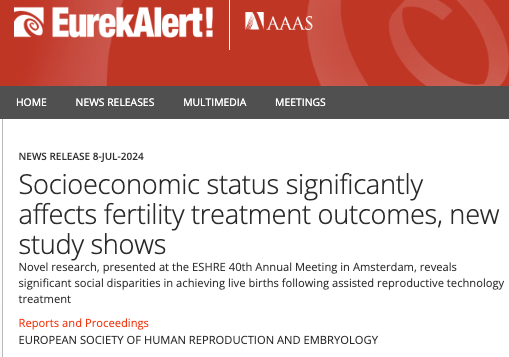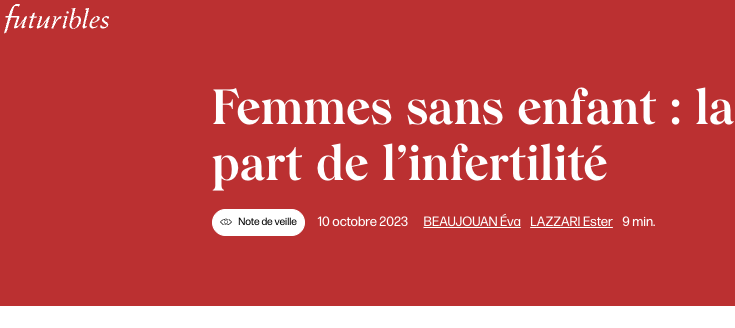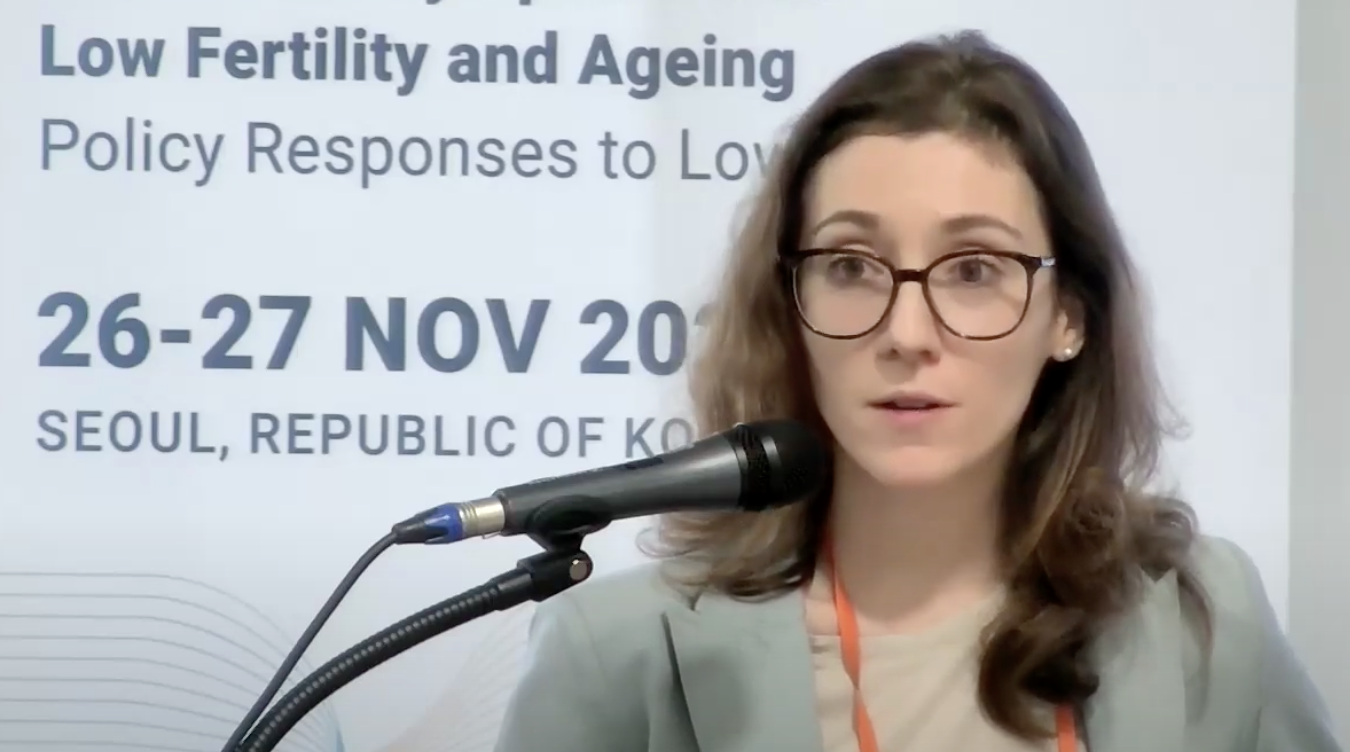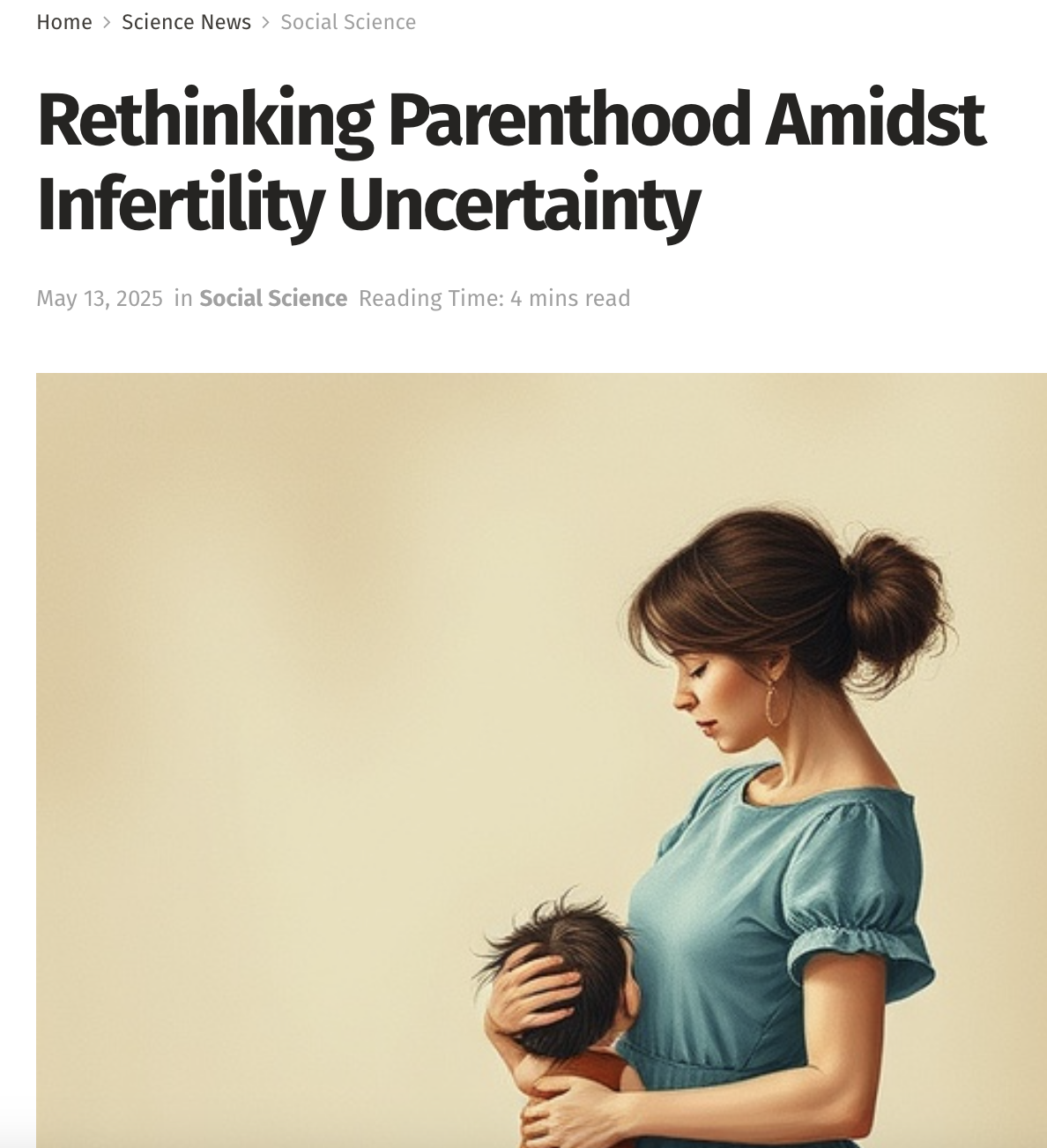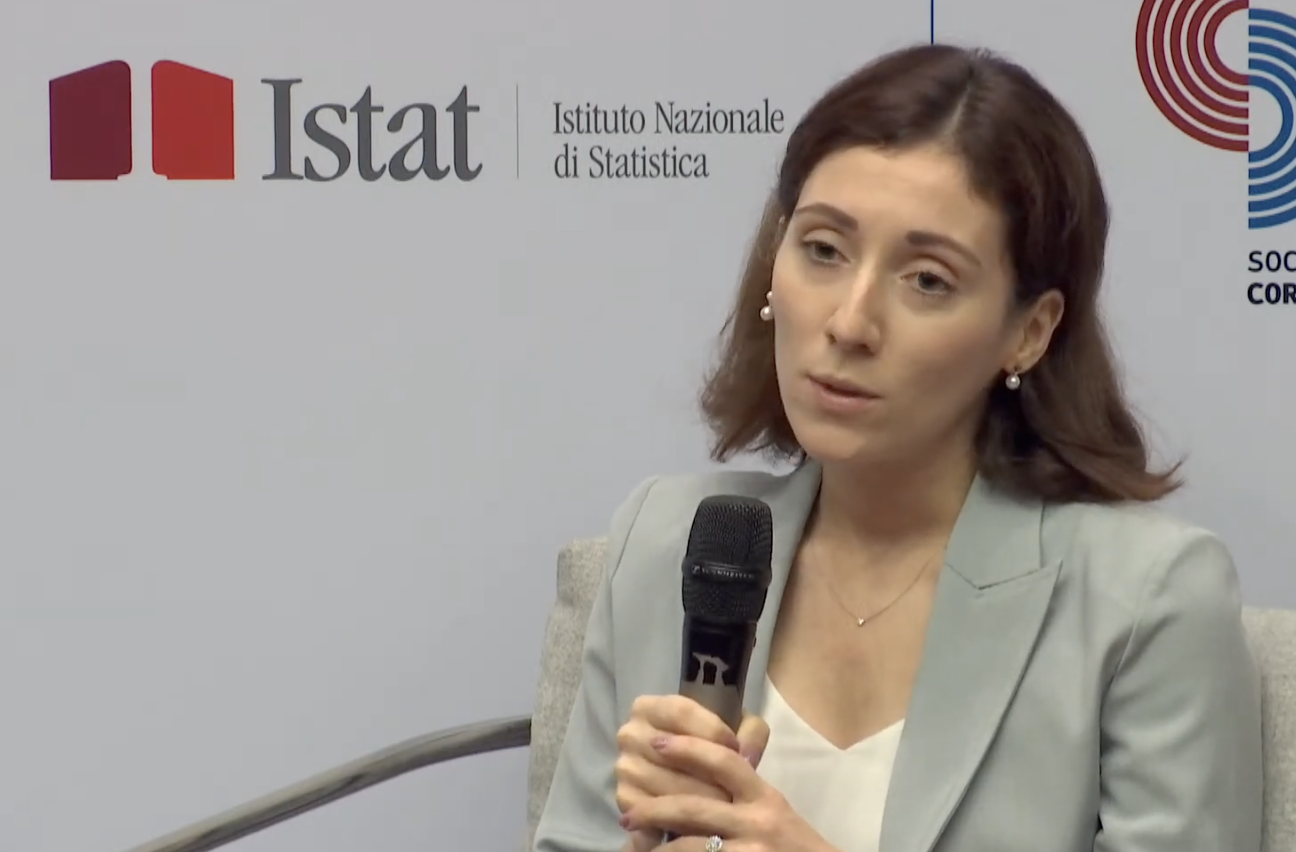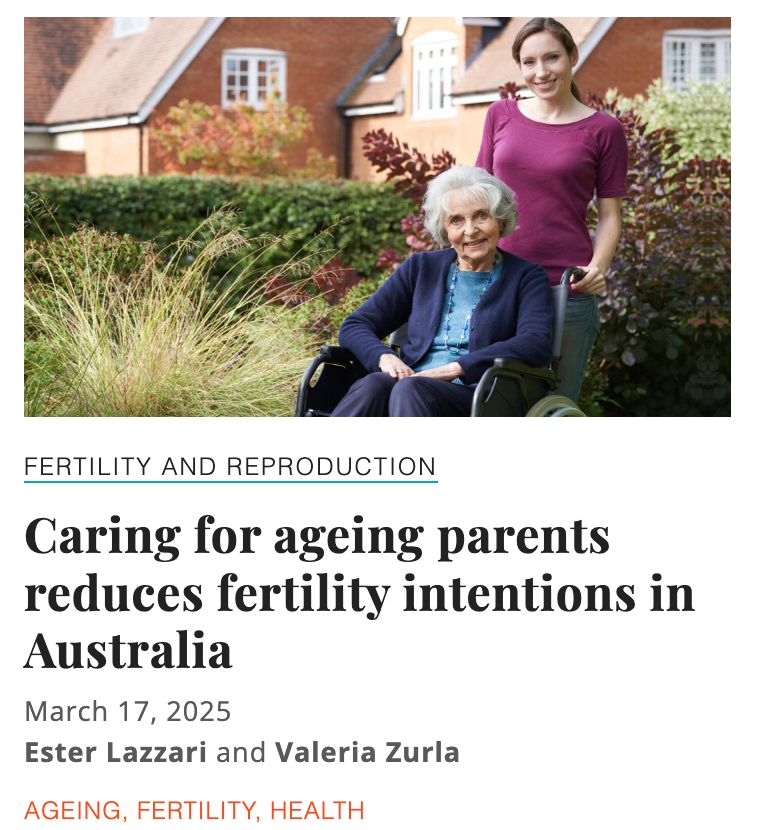Ester Lazzari
Demographer
About Me
I am a postdoctoral research fellow and lecturer at the University of Vienna, with a PhD in demography from the Australian National University. My research focuses on the causes and consequences of late fertility, with a particular attention to how assisted reproduction shapes fertility trends. My work has been published in leading demographic and medical journals, including Demography, Population and Development Review, and Human Reproduction.
View my CV for a full overview of my academic background and publications.
Follow me on X for updates on my latest research.
Publications
Displaying 19 of 19 publications
Fertility preferences adjusted: reimagining parenthood in response to the uncertainty of infertility
E Lazzari
Genus
May 2025
Self-assessed health and fertility expectations of men and women across the life course
E Lazzari & E Beaujouan
Demography
April 2025
The effect of parental caregiving on the fertility expectations of adult children
E Lazzari & V Zurla
European Journal of Population
November 2024
Change in the perceived reproductive age window and delayed fertility in Europe
E Lazzari, MC Compans, & E Beaujouan
Population Studies
March 2024
Impacts of COVID-19 on Medically Assisted Live Birth Rates in the United States in 2020 and 2021
K Tierney & E Lazzari
Population Research and Policy Review
January 2024
Parental sociodemographics of medically assisted reproduction births in the United States: a dyadic population-level study
E Lazzari & K Tierney
Fertility and Sterility Reports
September 2023
The continuing decline in cohort fertility and narrowing educational differences
E Gray & E Lazzari
Australian Population Studies
May 2023
Childbirth timing and completed family size by the mode of conception—the role of medically assisted reproduction: a population-based cohort study in Australia
S Choi, E Lazzari, C Venetis, & GM Chambers
The Lancet Regional Health - Western Pacific
April 2023
The contribution of survival to changes in the net reproduction rate
T Shen, E Lazzari, & V. Canudas-Romo
Population Studies
March 2023
Did the COVID-19 pandemic affect fertility desires in Australia? Understanding why people changed their attitudes towards having a first or additional child
E Lazzari, A Reimondos, & E Gray
Population and Development Review
March 2023
Projecting the Contribution of Assisted Reproductive Technology to Completed Cohort Fertility
E Lazzari, M Potančoková, T Sobotka, E Gray, & G Chambers
Population Research and Policy Review
February 2023
Residential proximity to a fertility clinic is independently associated with likelihood of women having ART and IUI treatment
E Lazzari, GM Chambers, & B Baffour
Human Reproduction
November 2022
A dyadic approach to the study of perceived subfecundity and contraceptive use
E Lazzari, E Gray, & B Baffour
Demographic Research
July 2022
Cross-sectional average length of life by parity: Country comparisons
R Mogi, E Lazzari, J Nisén, & V Canudas-Romo
Population Studies
April 2022
The contribution of assisted reproductive technology to fertility rates and parity transition: An analysis of Australian data
E Lazzari, E Gray, & GM Chambers
Demographic Research
November 2021
Changing trends between education, childlessness and completed fertility: a cohort analysis of Australian women born in 1952–1971
E Lazzari
Journal of Population Research
August 2021
Pathways into childbearing delay of men and women in Australia
E Lazzari
Longitudinal and Life Course Studies
April 2021
Educational composition and parity contribution to completed cohort fertility change in low-fertility settings
E Lazzari, R Mogi, & V Canudas-Romo
Population Studies
March 2021
Socio-economic changes in the age patterns of childbearing in Australia.
E Lazzari
Australian Population Studies
November 2019
Media Coverage
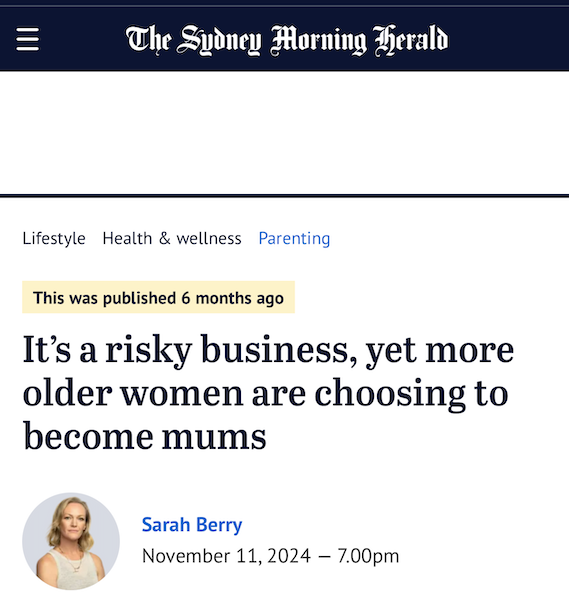
It's a risky business, yet more older women are choosing to do it
Published by The Sydney Morning Herald
